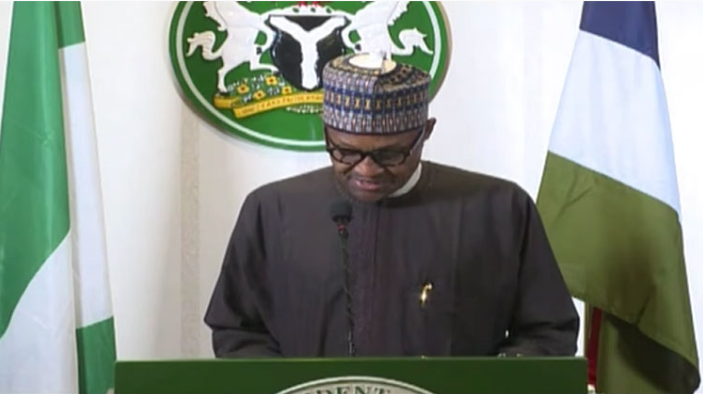NEWS
Soyinka, Falana, AGF clash over legality of Buhari’s lockdown directive

Professor Wole Soyinka, Nigerian nobel laureate, and a human rights lawyer, Mr Femi Falana, SAN, on Monday faulted the President Muhammadu Buhari’ lockdown order in the Federal Capital Territory, Lagos and Ogun states.
In response, the Attorney-General of the Federation, Abubakar Malami, SAN, in a statement in Abuja, said Buhari did not commit any illegality.
Buhari, had in a broadcast on Sunday ordered complete lockdown of the FCT, Lagos and Ogun states as part of measures to stop the spread of COVID-19, which rose to 111 on Sunday.
But Soyinka, in a statement on Monday titled, ‘Between COVID-19 and constitutional encroachment’ signed from his Autonomous Residence of Ijegba, Ogun State, where he’s on ‘self-quarantine’, said the country was not in a war emergency.
He said, “Constitutional lawyers and our elected representatives should kindly step into this and educate us, mere lay minds. The worst development I can conceive is to have a situation where rational measures for the containment of the corona pandemic are rejected on account of their questionable genesis. This is a time for unity of purpose, not nitpicking dissensions.
“So, before this becomes a habit, a question: ‘does President Buhari have the powers to close down state borders?’ We want clear answers. We are not in a war emergency. Appropriately focused on measures for the saving lives and committed to making sacrifices for the preservation of our communities, we should nonetheless remain alert to any encroachment on constitutionally demarcated powers. We need to exercise collective vigilance, and not compromise the future by submitting to interventions that are not backed by law and constitution.”
Hoewever Malami berated the President’s critics, particularly a human rights lawyer, Ebun-Olu Adegboruwa.
Adegboruwa had said the President had no right to make such a proclamation without recourse to the National Assembly.
The AGF, in a statement on Monday, said the President did not commit any illegality.
He said, “It is important to inform the discerning members of the public that the President did not make a declaration of a state of emergency under Section 305(1) of the 1999 Constitution (as amended) which would have required the concurrence of both House of the National Assembly.
On his part, Falana said the no-movement order in the FCT, Lagos and Ogun states was not enforceable.
The human rights activist said the order had no legal backing and therefore unconstitutional.
He argued that the President lacked the powers to restrict movements in any part of the country without the consent of the National Assembly.
Falana said, “No doubt, the President is empowered to adopt any measures deemed fit to combat the dangerous disease but such measures have to be spelt out in a regulation made pursuant to section 305 of the Constitution or under the Quarantine Act.
“Otherwise the presidential order on restriction of movement in the affected areas cannot be enforced by the police.
In a related development, a human rights lawyer, Inibehe Effiong, says he is approaching a Federal High Court to stop the President from restricting the movements of Nigerians living in Lagos, Ogun and Abuja.

